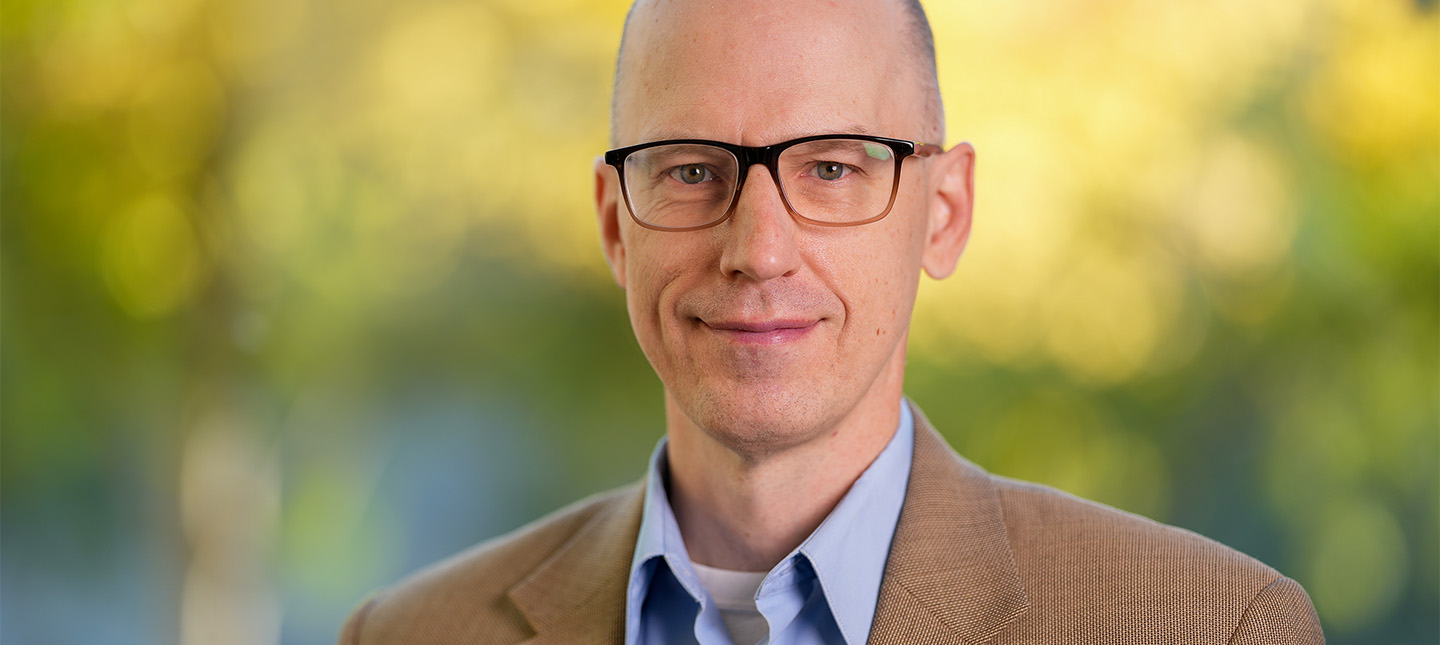Indianapolis – Patients with low-risk cancers undergoing active surveillance face a favorable long-term prognosis. David Haggstrom, M.D., MAS, makes the case that it’s time for the medical field to help manage the anxiety caused by waiting.
Dr. Haggstrom, a physician-researcher with Regenstrief Institute, the Veterans Administration Medical Center in Indianapolis and the Indiana University School of Medicine, is lead author of a Viewpoint article, published in JAMA (Journal of the American Medical Association) Oncology, presenting the case for interventions designed to reduce the anxiety related to cancer monitoring.
Medical research increasingly shows that observation – known as active surveillance – can be a reasonable approach to monitoring low-risk cancers in cases where treatment confers little or no benefit. While this strategy can avoid unnecessary interventions, it can also create significant anxiety for patients.
“Cancer elicits fear, regardless of the disease’s severity. While observation is appropriate for certain types of cancer, like early prostate or thyroid cancer, the problem of uncertainty and stress remains after being labeled with a cancer diagnosis. There is even a name for the anxiety around the time of a follow-up medical test, called scanxiety.”
No amount of information about the prognosis of a low-risk cancer can eliminate uncertainty, which can produce a variety of negative responses, including perceptions of vulnerability, feelings of fear and a propensity to avoid decision-making. Dr. Haggstrom suggests several potential interventions for consideration.
- Cognitive behavioral therapy
- Acceptance and commitment therapy
- Mindfulness meditation programs
- Patient decision aids
- Clinical decision support tools
In addition to testing interventions, future research should focus on understanding how uncertainty leads to anxiety. Long-term studies are needed to track how patient responses to uncertainty change over time, especially given the extended lifespans of many patients under observation.
“Healthcare should be patient-centered and account for any distress among patients caused by the tests they receive. While surveillance intervals may be long, once a cancer diagnosis is made, patients still live with that knowledge every day,” said Dr. Haggstrom.
“Active Surveillance for Low-Risk Cancer – The Waiting Is the Hardest Part” is published in JAMA Oncology.
Authors and affiliations
David A. Haggstrom, M.D., MAS, Center for Health Services Research, Regenstrief Institute, Indianapolis, Indiana; VA Health Systems Research Center for
Health Information and Communication, Indianapolis VA Medical Center, Indianapolis, Indiana; and Division of General Internal Medicine and Geriatrics, Department of Medicine, Indiana University School of Medicine, Indianapolis.
Signe M. Braafladt, M.D., Center for Health Services Research, Regenstrief Institute, Indianapolis, Indiana; and Department of Surgery, Indiana University School of Medicine, Indianapolis.
Paul K. J. Han, M.D., M.A., MPH, Behavioral Research Program, National Cancer Institute, Bethesda, Maryland.
David A. Haggstrom, M.D., MAS
In addition to his role as director of the Regenstrief Institute William M. Tierney Center for Center for Health Services Research, David A. Haggstrom, M.D., MAS, is a core investigator for the U.S. Department of Veterans Affairs Health Services Research and Development Center for Health Information and Communication at Richard L. Roudebush VA Medical Center. He also is the Sam Regenstrief Investigator in Health Services Research, an associate professor of medicine at Indiana University School of Medicine and a researcher with the Indiana University Melvin and Bren Simon Comprehensive Cancer Center.










